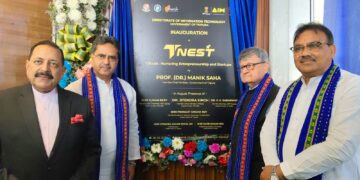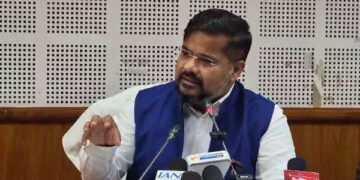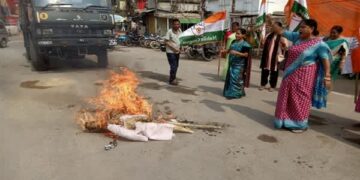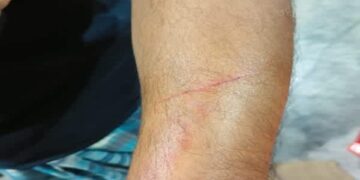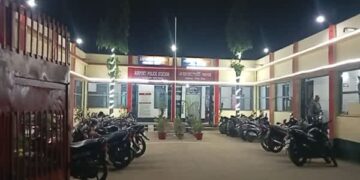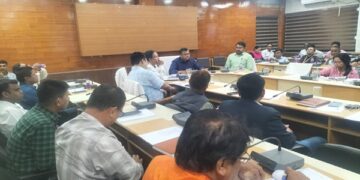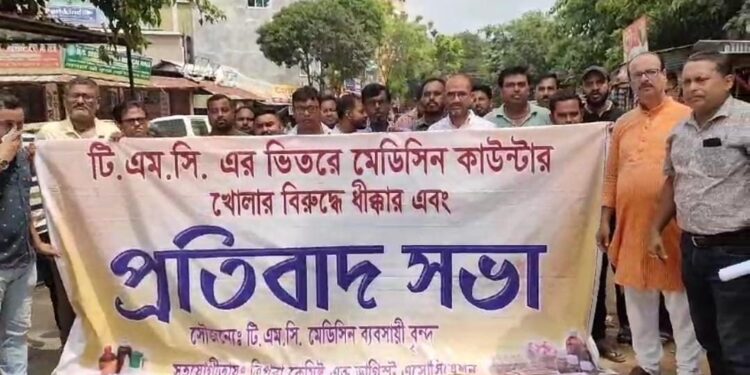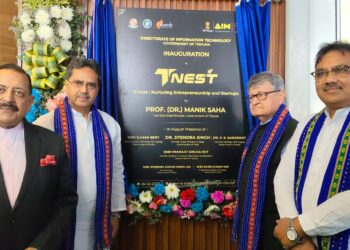Agartala September 11: The diseases do not spread by judging people as poor or rich. When a disease occurs, people rush to the doctor to get rid of it. But while treating the disease as best as possible, it is seen that medical services are beyond the reach of common people these days. Still, people flock to government hospitals if they can get services at a slightly lower cost. But generic medicine counters in hospitals and drug stores outside the hospitals are already sitting to cut the pocket of the patient’s party. The administration has no control over it.
In the meantime, there were allegations on Monday that generic drug dealers are selling drugs to patients at high prices inside Hapania Hospital. The owners of the drug shops adjacent to the hospital gave a deputation to the Hapania Hospital Superintendent on Monday, demanding that this generic drug shop be closed soon. It is known that around 30 drug dealers have been doing drug business for many years outside Tripura Medical College Hapania Hospital. But a month ago, this company named IRAYS MEDTECH SOLUTIONS opened a generic counter inside Hampania Hospital. But it has been seen that medicine is sold at a much lower price than the medicine shops outside which are selling medicines, said shop owners. However, when someone is diagnosed with a critical illness, recovery becomes virtually a nightmare for the family concerned.
Because it is not easy to estimate how much medicine is drawn. The National Pharmaceutical Pricing Authority under the Department of Chemicals and Fertilizers of the Central Government fixes the prices of medicines on the basis of their purchasing power keeping in mind the common and poor people of the country. As per rules all medicines are divided into two categories. One of these is essential medicine and the other is less essential medicine. The country’s policy commission determines which drugs are essential. As a result, it is tried to control the rate of increase in the price of this list as much as possible.
They also ensure that the profit margin from manufacturing to sale of essential medicines is within 16 percent. But this is not the case with essential medicine. In that case the number of drugs is about 90% of the total number of drugs. And in that case, dishonest drug dealers are cutting the pockets of patients and patients’ families. Sometimes 10 percent, sometimes 15 percent discount is given; some unscrupulous traders do not hesitate to joke with customers. Now again it is seen that even in generic medicine there is no relief for patients and patients’ families.
Fight between generic medicine and retailers in Hapania hospitals
0
0
SHARES
1
VIEWS
Please login to join discussion


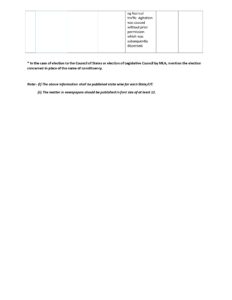
Stay Connected test
- Trending
- Comments
- Latest
Cabinet Okays Nari Adalat Pilot in 10 Panchayats
February 26, 2026
Tripura Mahila Congress Protests Gurugram Assault
February 26, 2026
Mosque Panel Clash Turns Violent in Churaibari
February 26, 2026
Recent News
Cabinet Okays Nari Adalat Pilot in 10 Panchayats
February 26, 2026

